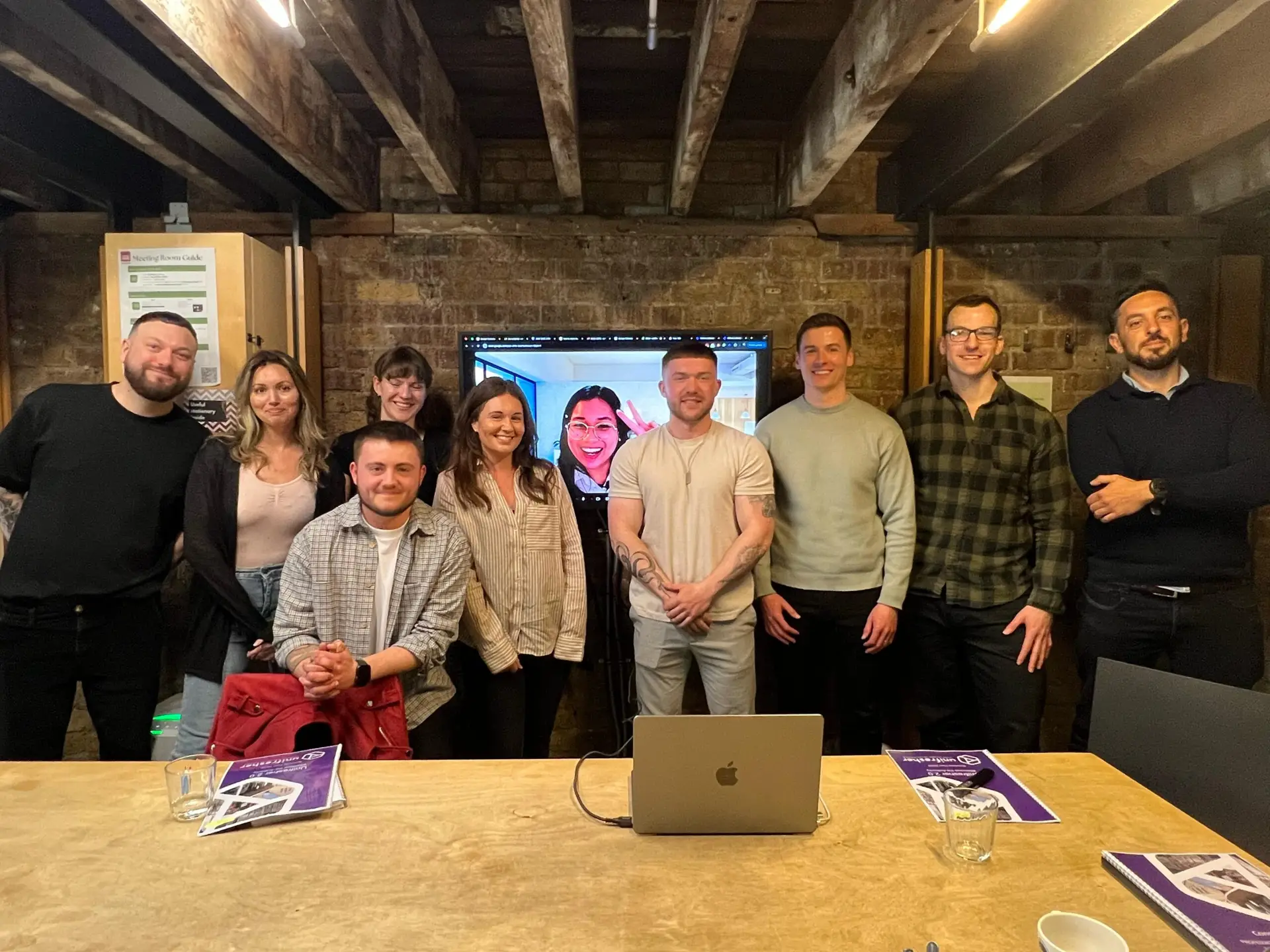Open days are an excellent way to explore universities and their cities, but they can feel extremely overwhelming if you’ve never been to one before. When planning and navigating university open days, consider the range of activities they offer, from accommodation talks to careers advice to library tours. But what do you actually NEED to see? This guide should help you with planning your next university open day, ensuring you have an enjoyable and productive experience.
During open days, you can often find student ambassadors around the university, conducting tours. This is a perfect opportunity to ask current students about life at the university. I have added some questions below that you could ask students during open days to help make your final decision.
Getting to know the city
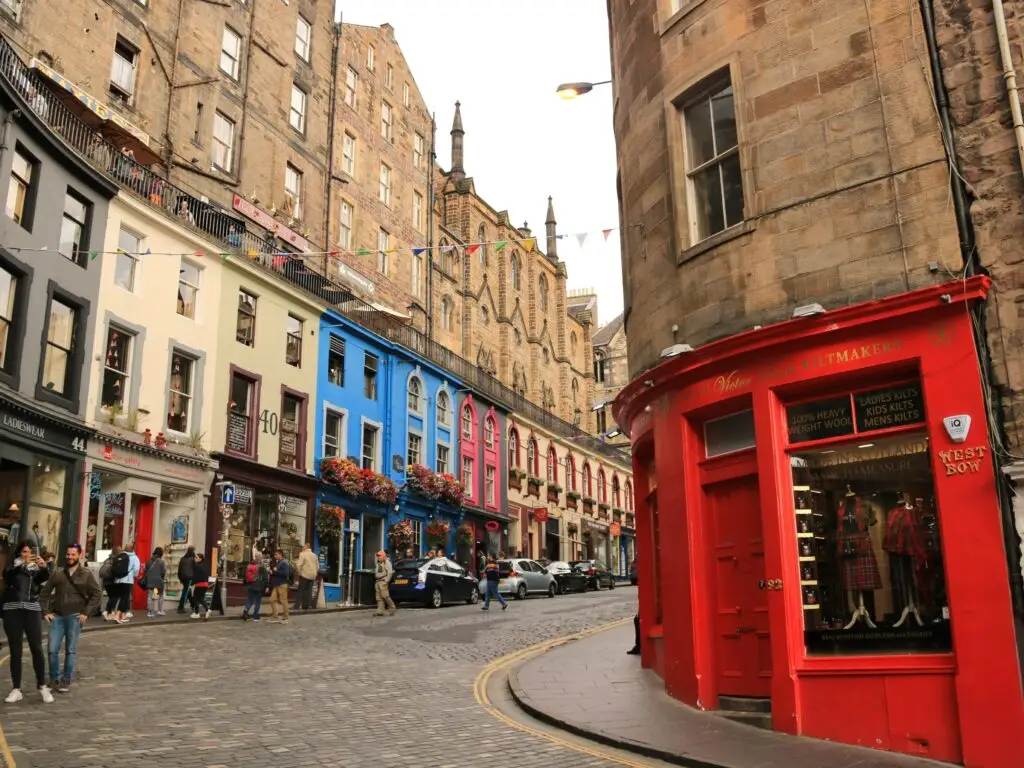
Experiencing the city first hand is the best thing you can do during university visits, and it is the primary reason I recommend attending in-person open days. You cannot experience a city from your computer screen, and so visiting the university will allow you to decide whether the city fits your needs.
You might prefer the bustling vibes of London, or the tranquillity of Durham, or maybe the historic scenery of Edinburgh draws you in. Whatever it is, when you go to university, it should feel like a home away from home, so be sure to fully explore the cities to be completely sure you have found the perfect university for you!
Questions to ask:
- How easy is it to navigate the city as a student?
- What is the nightlife like here?
- Do you feel safe while in the city?
- Do students usually walk, drive, or use public transport to travel around the city?
Exploring the campus
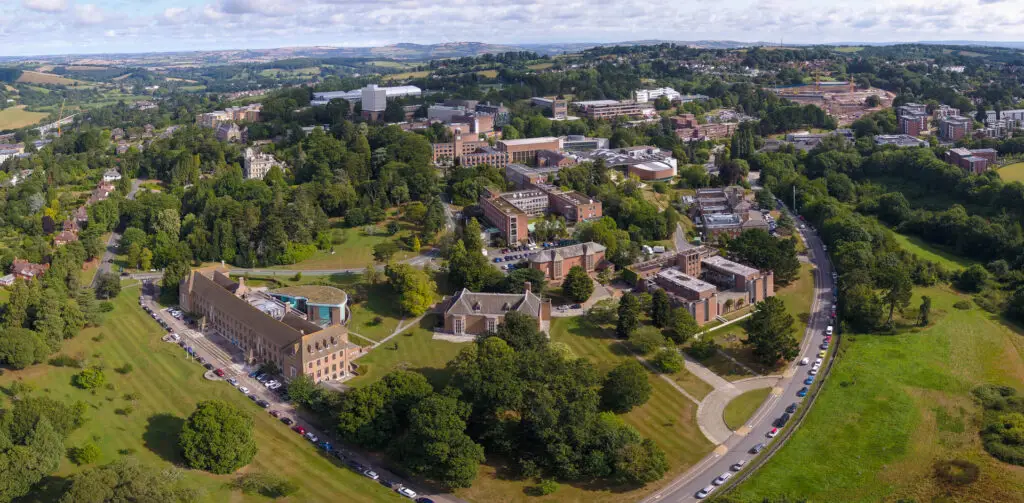
Universities can be described as campus-based, city-based, or collegiate-based. Attending open days will allow you to choose which type of university suits your academic and lifestyle needs.
Campus-based universities (such as the Universities of Bath, Exeter, and Essex) typically have most of their buildings located at the same site. This creates a strong sense of community, safety, and convenience for students, as everything is available at their doorstep! Campus universities are often further away from the city centre, so trips to the city will be longer compared to city-based universities.
City-based universities (including the Universities of Bristol, Edinburgh, and UCL) offer more independence, a variety of job opportunities, and amazing cultural experiences. These universities often have their buildings scattered throughout a city, so I recommend taking campus tours to explore them. This allows you to become familiar with the city and get a good idea of your daily routine while attending a university based in the city.
Collegiate universities (such as Oxford, Cambridge, and Durham) have colleges that are integrated into the university’s structure. They provide support for student life, accommodation, and academics. Before visiting collegiate universities, create a shortlist of colleges that you would like to visit. When choosing the colleges to visit, try to vary your options in terms of location, social opportunities, and facilities.
Questions to ask:
Campus based university:
- Is it easy to get easy to get everything you need without leaving campus?
- How do you normally travel to the city centre?
- Do you feel safe on campus?
- What social events happen on campus?
City-based universities:
- Is the city affordable for students?
- What is it like travelling between buildings for lectures/seminars?
- Do you feel safe in the city?
Collegiate-based universities:
- How did you college shape your university experience?
- How did you choose your college?
- Does the location of your college affect your daily routine?
Considering accommodation options
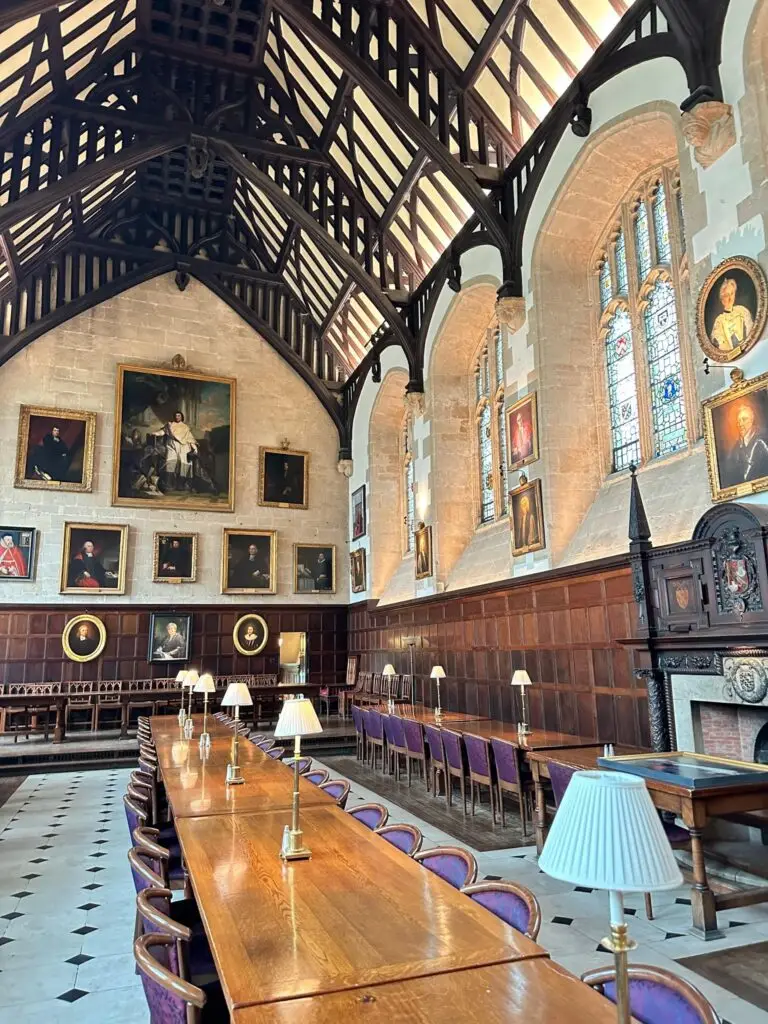
When attending open days, check out the different accommodations to familiarise yourself with the other options. University accommodations can be self-catered or catered, and may have en-suite or shared bathrooms. Most universities also allow you to opt for single-gender, alcohol-free, or quiet rooms. You can immediately narrow down the options based on your budget, as en-suite rooms and accommodations close to the university campus tend to be more expensive.
When choosing which accommodation blocks to visit, I recommend using Google Maps to locate your faculty’s buildings and identify options close to your lecture buildings. This may not be entirely relevant for campus universities, but it could save you an extra few minutes of sleep as a city-based university student!
Viewing a variety of accommodations (be open to looking at en-suite, shared bathroom, catered, and self-catered rooms!) will help you choose your final accommodation. However, you don’t want to spend your entire day looking at rooms, so narrow your decision to two accommodations at most.
Another thing to keep in mind is your accommodation for your second and third years. Most students tend to stay in similar locations, so make sure to ask student ambassadors where they typically move after their first year. This allows you to get a good sense of whether the area is well-connected, affordable, and student-friendly.
Open days also have accommodation talks that outline costs, food (for catered accommodations), and hospitality provisions, including on-site support and maintenance teams. These talks can be helpful; however, I would prioritise exploring the campus and accommodations over attending a talk unless you have specific questions regarding the rooms (i.e. accessibility, medical requirements, or specific living arrangements), as most general information can be found online.
Questions to ask:
University accommodation:
- How are the shared kitchen and bathroom facilities?
- Is there good Wi-Fi in the rooms?
- Are the laundry facilities easy to use?
- What’s the social atmosphere like in your accommodation?
- How quickly are maintenance issues resolved?
Accommodation after first year:
- Do you think the rent is reasonable for what you get (in terms of location, maintenance)?
- Where do most students live after their first year?
- Is it difficult to find housing nearby?
- Would you choose to live in university accommodation again?
Discovering your course and faculty
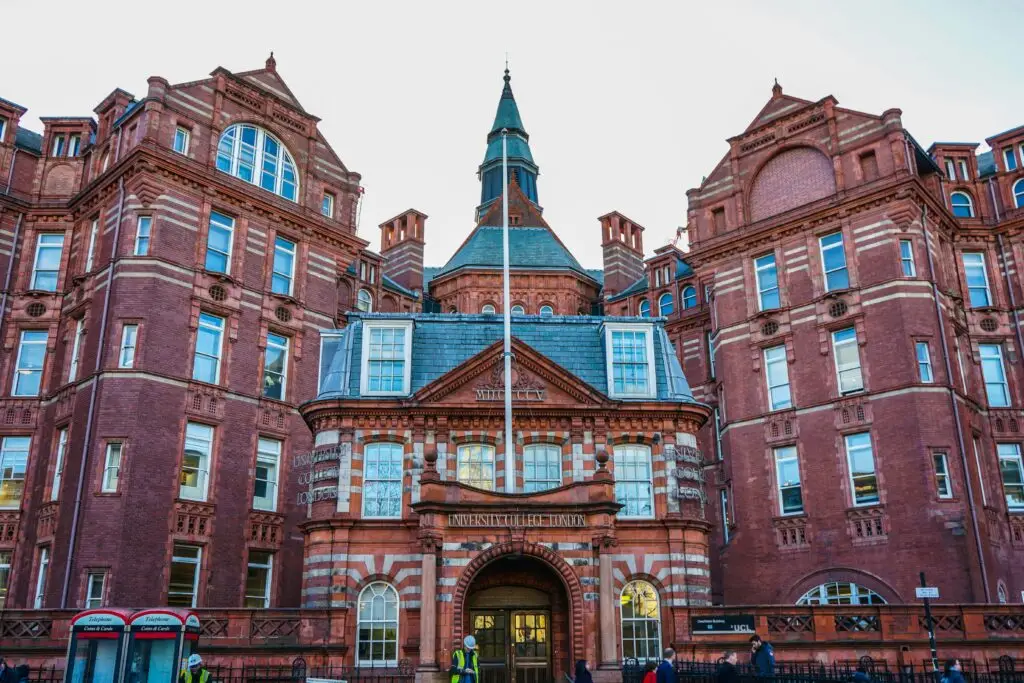
Course information can be found online, but if you want a more detailed explanation of what you’re going to learn during your studies. These talks often end in a Q&A session, where you can ask students and professors questions about your course. The professor leading these talks will also mention the different facilities available to you as a student, which may be more difficult to find simply by searching online.
During the open day, try to explore your specific faculty buildings to get a feel for the academic environment. Visiting the buildings where your lectures, seminars, and labs will take place can inform you of the facilities available to you at that university. Some universities also offer mini-lectures, which can provide insight into the teaching style and course content.
If you are even slightly interested in study abroad or work placement programmes, you should definitely attend the relevant talks. You will learn about the general logistics, success rates, and the opportunities available in the course. Even if you are uncertain whether a year away from your studies is best for you, attending this talk at any university open day will help you decide.
Questions to ask:
- Are there a lot of optional modules, or is it mostly compulsory?
- How much flexibility is there to tailor the course to your interests?
- How easy is it to get academic help or feedback outside of class?
- What types of assessments do you usually have (essays, exams, presentations, group work)?
What else can you do at a university open day?
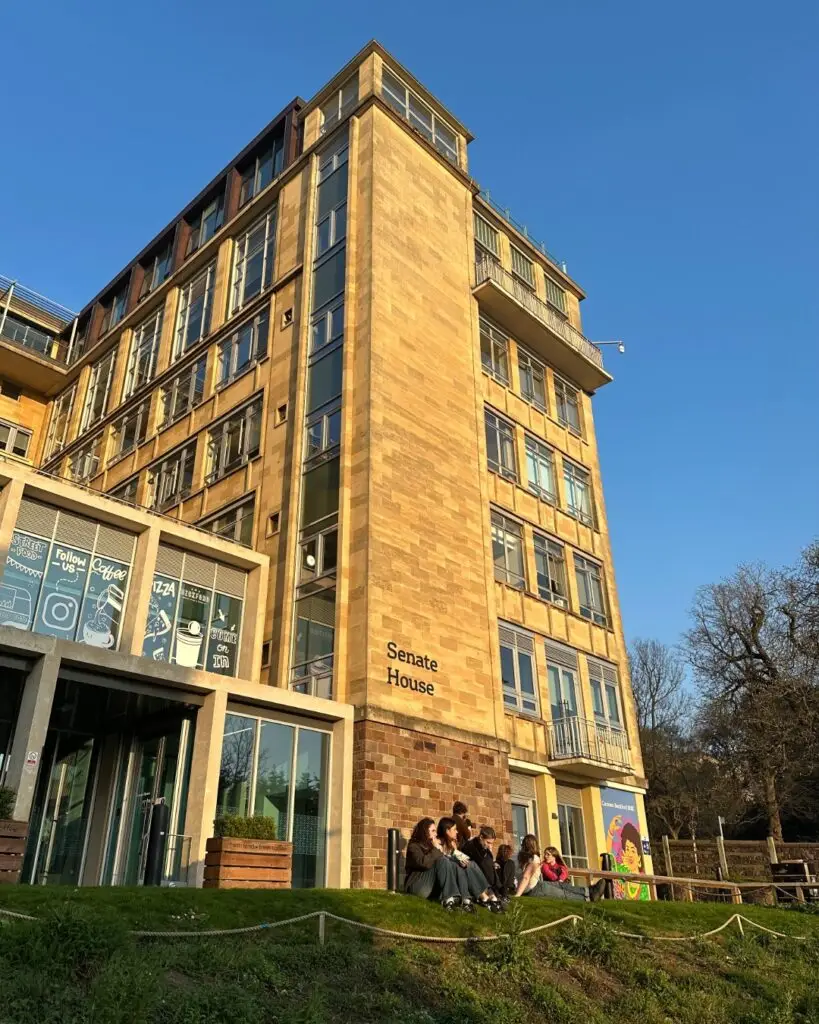
Aside from academic talks and campus tours, open tours provide an opportunity to explore other important aspects of university life. Visiting these locations/events should not necessarily be a priority, but they may help when deciding which university to apply to.
Student union
The Student Union building is a central hub for student life. While at university, you’ll use this space for club and society activities, volunteering opportunities, and as a study space. They also tend to have bars and cafes, and are often home to support services.
Libraries
Alongside offering a quiet space for studying, university libraries are equipped with extensive collection of books, journals, and digital resources that will need during your studies. Checking out the library facilities during an open day will inform you of the useful resources that might make a big different in your academic success.
Sports centre and grounds
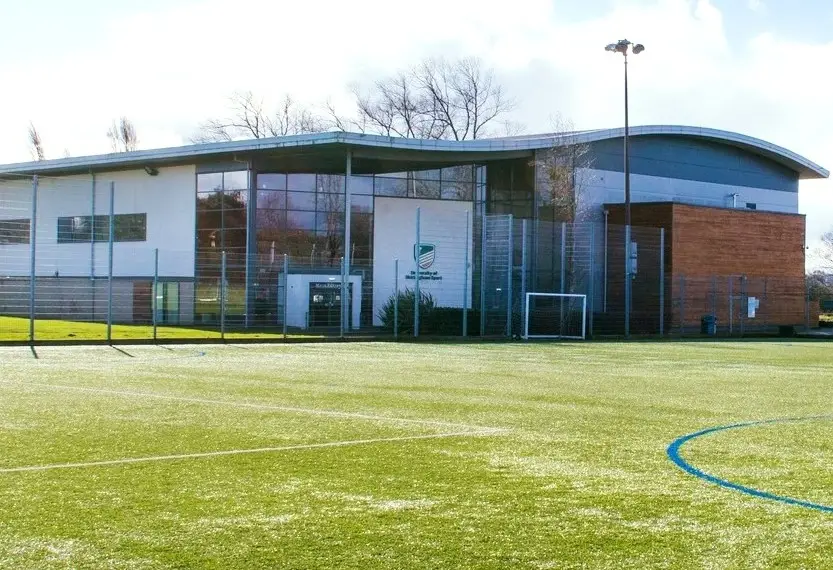
If staying fit and active is important to you, the sports centre and grounds are a must-see during an open day. Many universities offer a wide range of sporting facilities, from gyms and fitness classes to courts and swimming pools. They may also offer discounted or included memberships for students, making it easy to stay active on a budget. Visiting the sporting areas
Financial support and careers
During open days, there will be talks or stands where you can learn about scholarships, grants, and emergency funds that might be available to you. Universities often have dedicated teams to help students manage finances, whether it’s through budgeting advice or support in applying for financial aid. Getting a clear sense of these services can give you peace of mind as you plan your university journey and post-graduation goals.
Hopefully this guide can help you in planning your visit to an university open day! Although the trip may feel overwhelming at times, you should always focus on your personal needs and goals, so you can make the best decision for your future. Check out this guide for more help in your university journey and the UCAS website to browse open days!

Topic expertise: Student Cities, Cost of Living, Nightlife, Wellbeing, Accommodation
FAQs on University Open Days
Open days give you the chance to explore campuses, meet staff and students, and see what student life is really like. They help you compare universities and decide if the environment, facilities, and courses match your expectations.
Focus on course content, teaching style, accommodation, student support, and the overall campus atmosphere. Pay attention to transport links, local amenities, and whether you can see yourself living there happily for several years.
Plan ahead by booking your place, reading the schedule, and making a list of questions about your course, facilities, or student life. Bring a notebook, take photos, and consider travelling the same way you would on term days to test the journey.
Yes, most universities welcome parents or guardians at open days. They can help ask questions, offer a second opinion, and get a sense of the environment, especially if they’ll be supporting you financially or emotionally through university.
Many universities now offer virtual open days, campus tour videos, and live Q&A sessions online. You can also email admissions teams or chat with current students through official platforms to get a feel for life at the university.
Author
-
Hi, I'm Kirstie! I'm a BA English student at the University of Bristol, with a passion for creative writing. In my free time, I enjoy baking, sewing, and playing the flute.
View all posts





